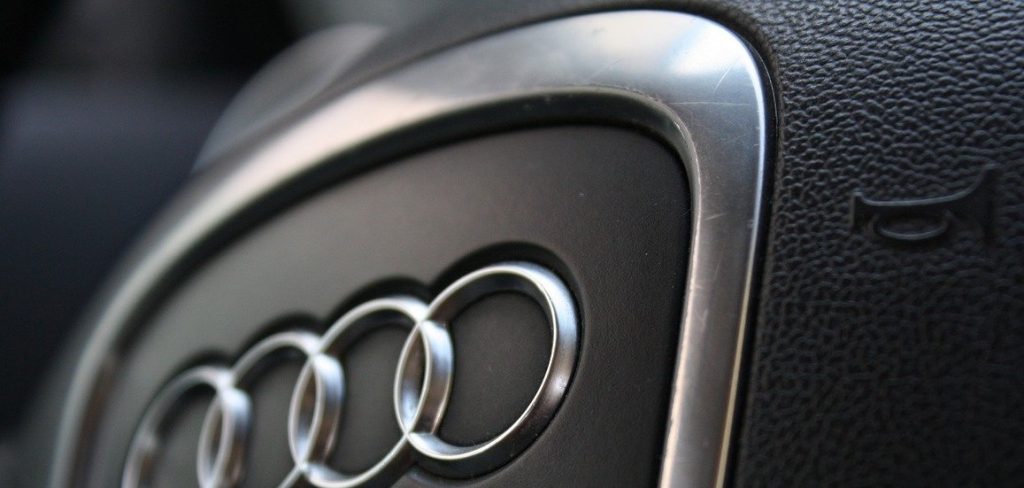Car Horns – The Right & Wrong Times To Honk It
- Car horns should only be used when the car is in motion to warn of imminent danger or avoid potential accidents.
- Misuse of the car horn such as to express annoyance, startle animals or hurry other road users can lead to fines.
- Horn use is also restricted between 11.30pm and 7am, barring cases of imminent danger.

Whether you honk your horn at a persistent pigeon or blasting it at another driver in a fit of road rage, you may be wondering if using your car horn in these ways is actually legal. And if not, what should it be used for, by law?
We’ll take you through the importance of car horns, what you should and shouldn’t use them for, and how to spot signs of a failing car horn.
Why are car horns important?
Drivers mainly rely on visuals when on the roads. But sometimes, visuals are not enough. For example, navigating blind bends or driving in foggy conditions warrants the need to use sound instead to alert other users of your presence, or of potential dangers.
Car horns are therefore a vital way to alert others to your presence when visibility is compromised.
How you should use your car horn
The Highway Code states that car horns should only be used to warn other road users of imminent danger and when a car is in motion – essentially as an alert system.
This includes:
- When your car is moving, not when it’s stationary
- If you’re travelling around a bend, and need to alert other motorists of your presence
- Other occasions when your presence may be unclear to road users e.g. foggy conditions, when your vehicle is obscured by something
- To avoid a potential accident
- To alert a motorist or pedestrian of danger
How you shouldn’t use your car horn
It’s also vital to understand what’s classed as illegal for your car horn honking, as doing so in the wrong situation might be dangerous or unhelpful to other road users. It may also startle, panic or aggravate other road users, leading to further unsafe behaviours. In fact, using your car horn inappropriately can also land you with a fine if caught.
You shouldn’t ‘toot’ your horn:
- When greeting someone you know
- To scare animals from the road
- To express outrage or annoyance at somebody’s behaviour
- When your vehicle is stationary e.g. parked up or at traffic lights
- To hurry up other road users
- Between the hours of 11.30pm and 7am (except in cases of imminent danger)
Signs of a failing car horn
As a key safety feature of your car, you should keep an ear out for signs of a failing car horn and get them fixed as soon as you can.
Some common signs of car horn problems include:
- The produced sound is getting quieter
- The tone of the horn sounds different from normal
- The horn does not sound at all when pressed
With over 35 autocentres across Central England, you can trust in Mr Tyre to resolve all your vehicle woes. Since 1971, we’ve been a go-to garage chain, helping get vehicles back on road quickly and safely. This includes checking the car horn as part of MOT tests, where it is an official safety requirement. To discuss any particular car issue you have, simply get in touch or drop by one of our branches – we’re always happy to help.

